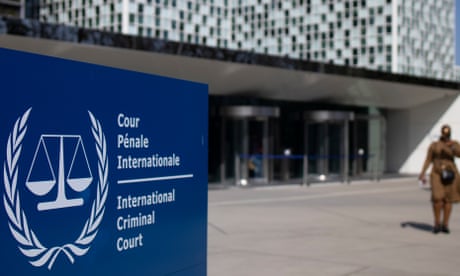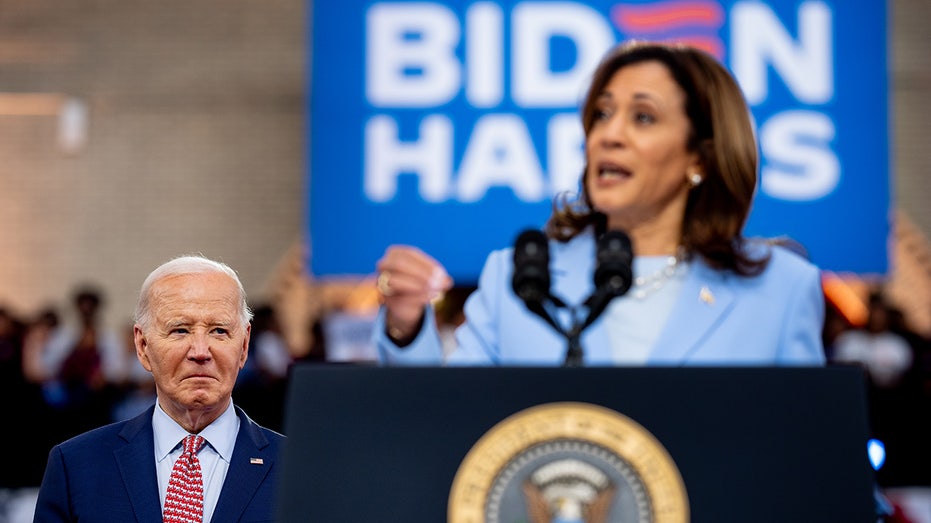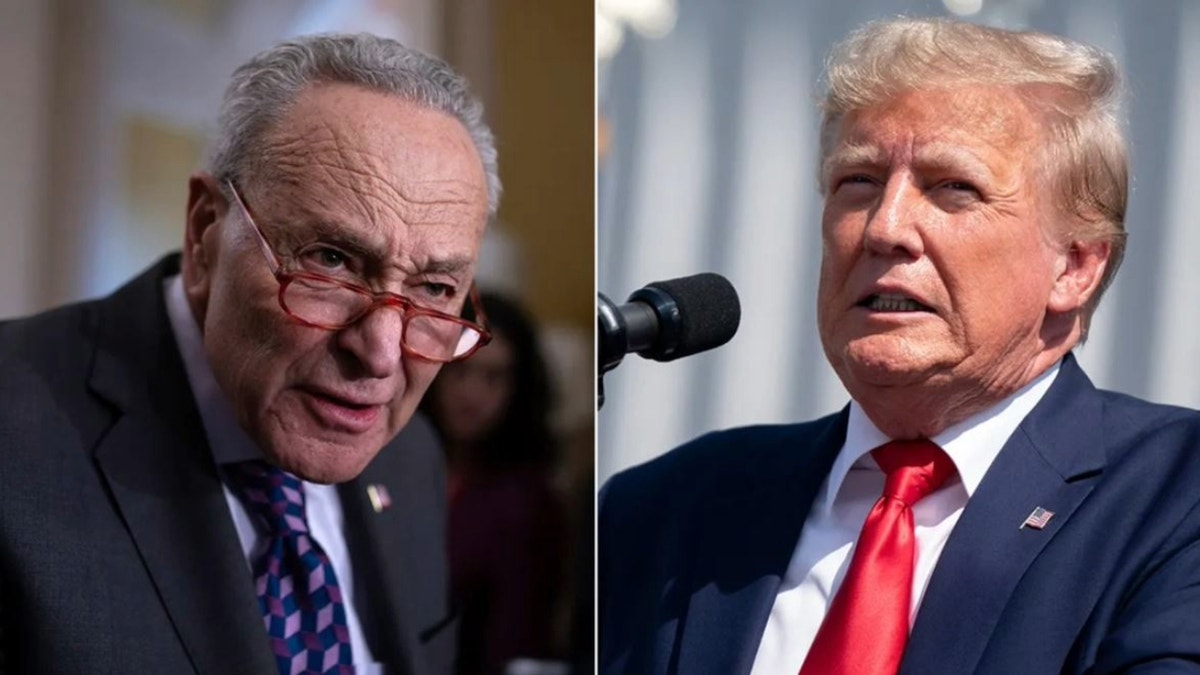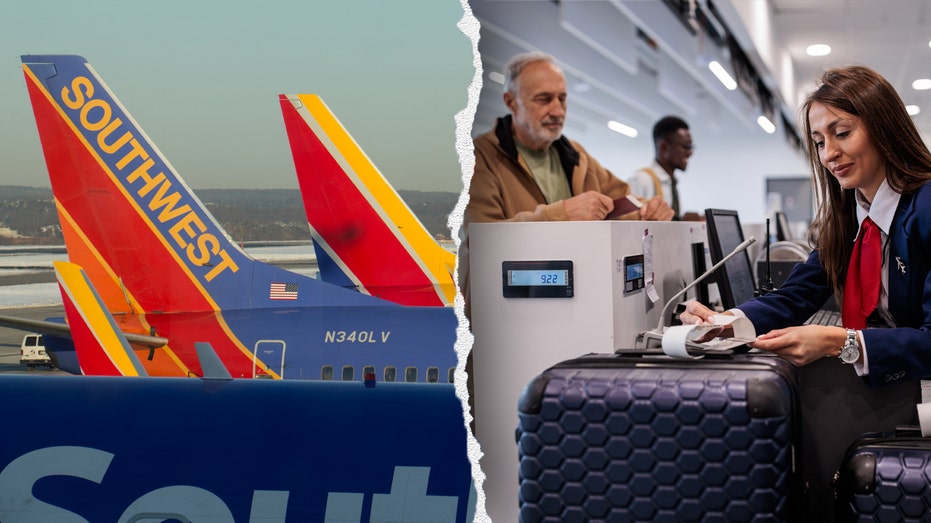- by foxnews
- 14 Mar 2025
US indicts alleged Russian spy who tried to infiltrate ICC in The Hague
US indicts alleged Russian spy who tried to infiltrate ICC in The Hague
- by theguardian
- 27 Mar 2023
- in news

US authorities have released new details about an alleged Russian spy who attempted to penetrate the international criminal court in The Hague, using a false identity developed over a decade.
Cherkasov, in his cover identity, took a masters at Johns Hopkins University in US foreign policy and won an internship at the ICC. He was detained on arrival in the Netherlands last April when he presented his Ferreira passport.
Dutch intelligence later released his real name and some details of his cover story, but did not arrest him, instead deporting him back to Brazil. Last July, he was convicted there on charges of falsely obtaining and using Brazilian documents, and jailed for 15 years.
Following his arrest in Brazil, Russia swiftly launched an extradition request, admitting the man in question was Sergey Cherkasov, but insisting he was a criminal fleeing drug charges in Russia, rather than a GRU operative. Trying to extradite operatives or assets on concocted criminal charges is a tactic that has been employed by Russian authorities before.
The 46-page US indictment is full of remarkable detail, including alleged messages Cherkasov sent to his handler when he won a place at Johns Hopkins (the name of the university is not mentioned in the document).
The indictment also lists the locations of dead-drop sites and hiding places suggested by Cherkasov to his handler, where he could leave communications equipment or messages. One was in a deserted area off a path in jungle terrain outside São Paulo.
Also included are messages allegedly sent by Cherkasov from jail in Brazil to a romantic partner, apparently aimed at asking the partner to remain loyal to him.
Releasing the detailed indictment publicly is probably a US attempt to pressure Brazil not to extradite Cherkasov to Russia, and may also indicate a competing extradition request from the US.
It may also be aimed at embarrassing the GRU, as it hints that Cherkasov may have been identified and watched for some years before his arrest, and contains a plethora of examples of surprisingly poor tradecraft.
- by foxnews
- descember 09, 2016
Southwest flyers fire back over airline ending free checked bag policy: 'Nail in the coffin'
Southwest has customers sounding off after the airline announced an end to its checked bag policy, leading some flyers to say they'll "boycott" the airline.
read more


